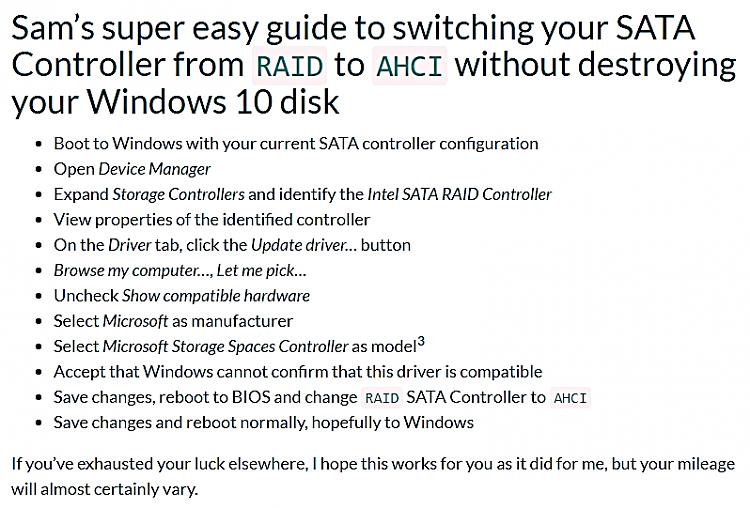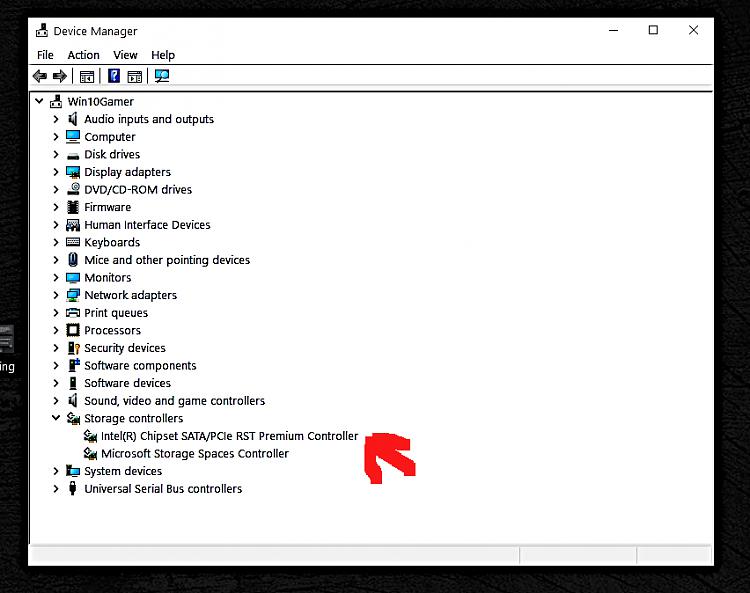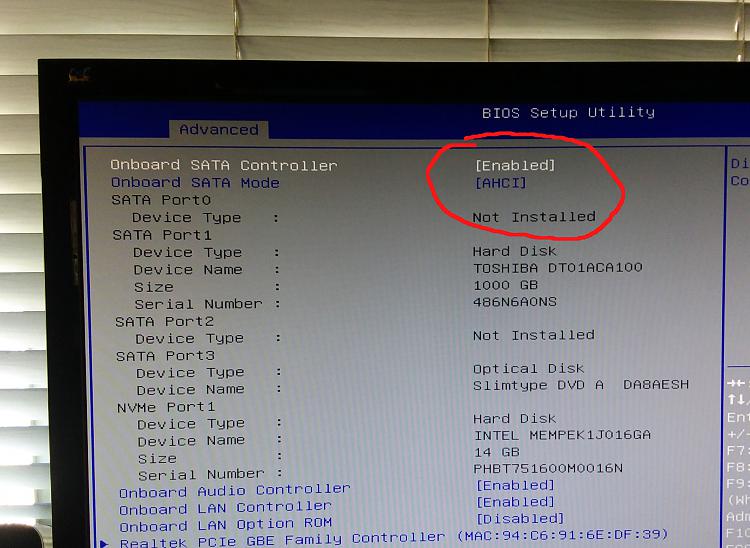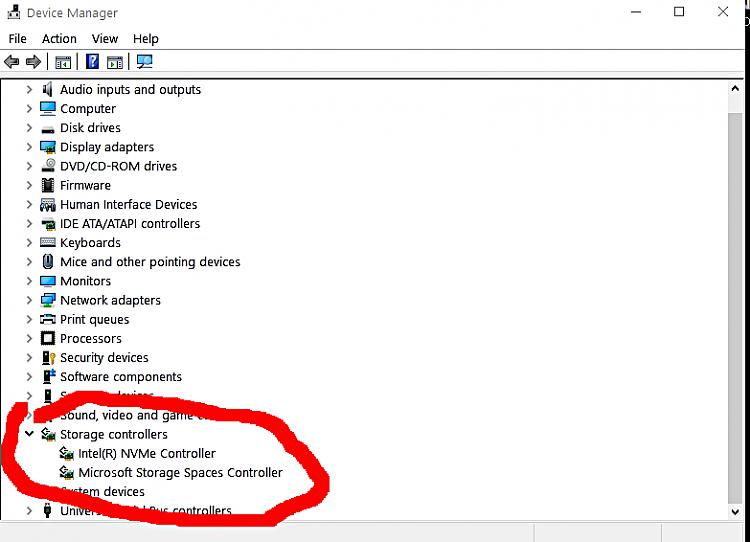New
#1
Changing from the RST Optane driver to AHCI in an existing Windows 10
First of all, the system won't need a driver change to run Windows 10. Both AHCI and the PCIe drives are included in the RST Optane driver. It does both.
So upgrading to my NVMe SSD would merely mean disabling the RST Optane software and exchanging the NVMe Optane M.2 card with the SSD and it would (probably) work without any changes in the BIOS
With the RST Optane driver installed in Windows 10 the mechanical drive would be running off of the AHCI part of the RST Optane driver and the SSD would be running off the NVMe part of the same RST Optane driver.
My problem is that Linux installers don't like non standard drivers so the Linux installer doesn't see the Drive and so I would need to change the Windows drivers to AHCI and also the corresponding BIOS settings
My question is I found what looks like a good solution but I need a second opinion. It looks "too easy" and "to good to be true"
My windows loaded drivers:
And here's the complete 2016 article it's from:
http:////samnicholls.net/2016/01/14/...ows-10-xps-13/
Thanks in advance




 Quote
Quote

